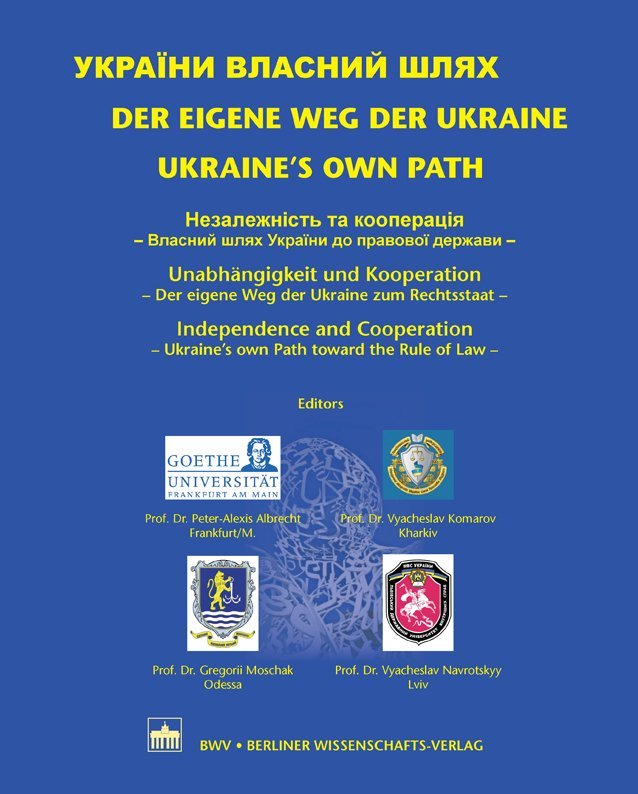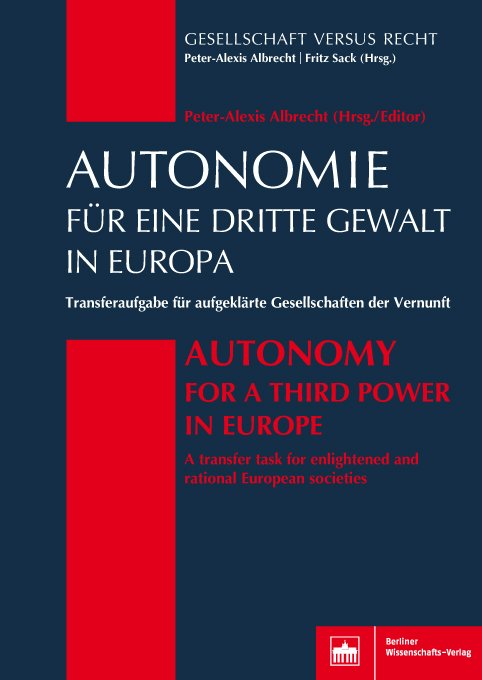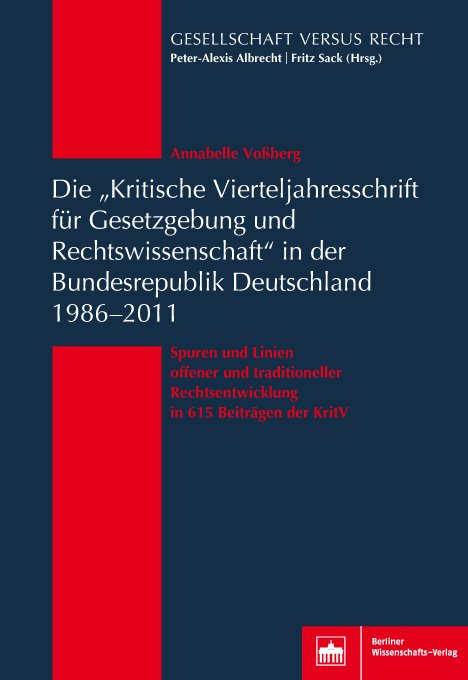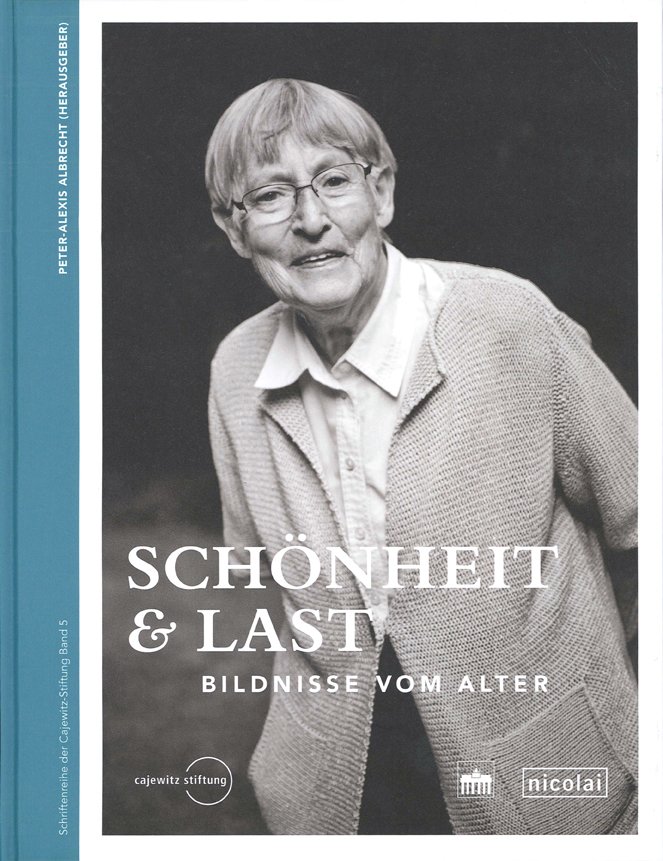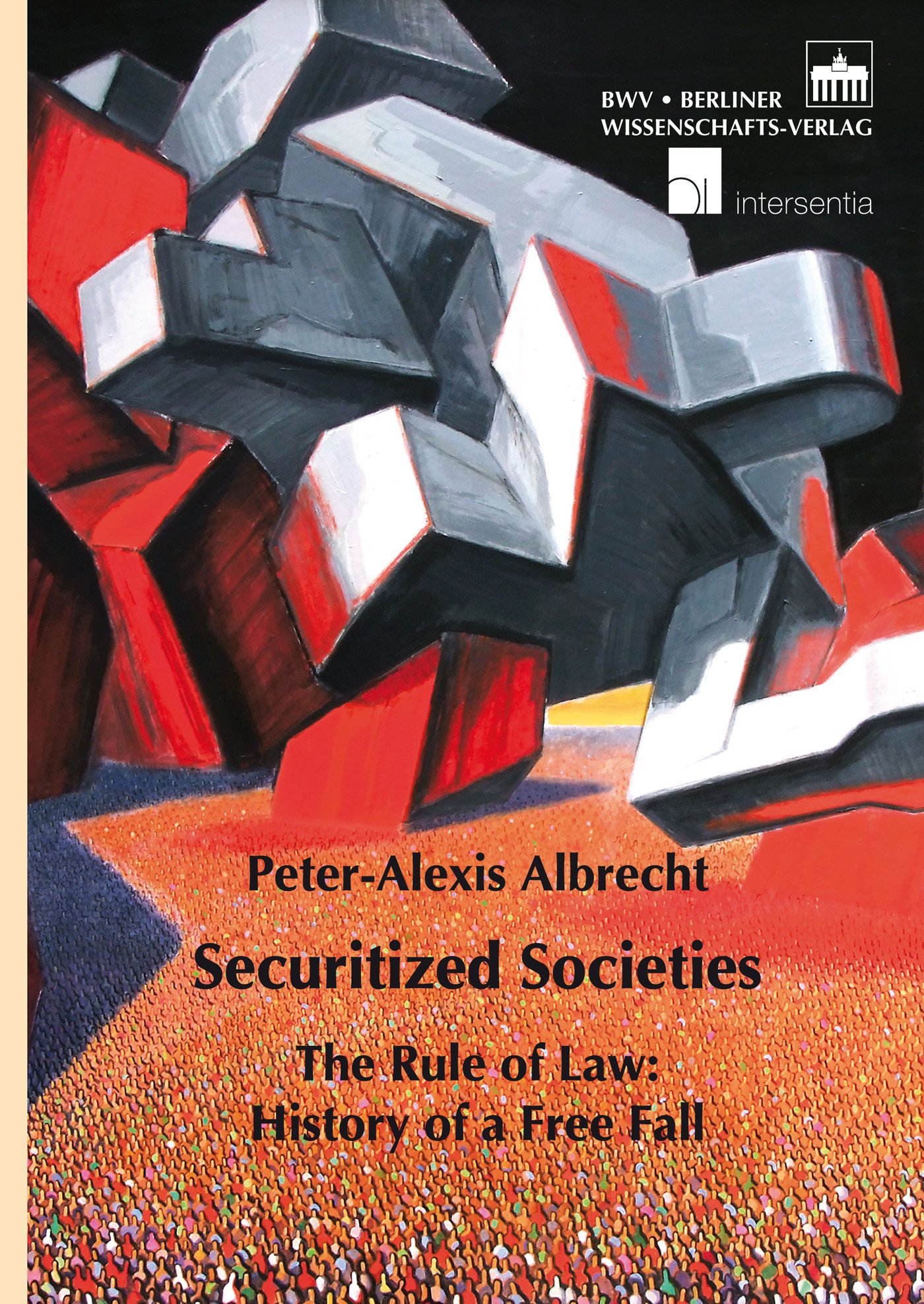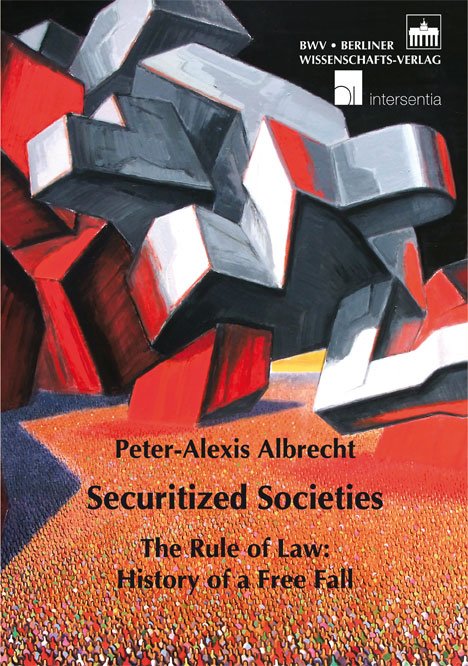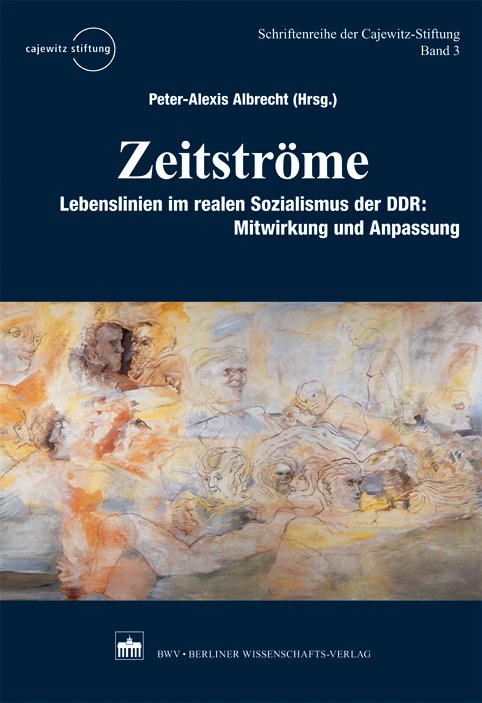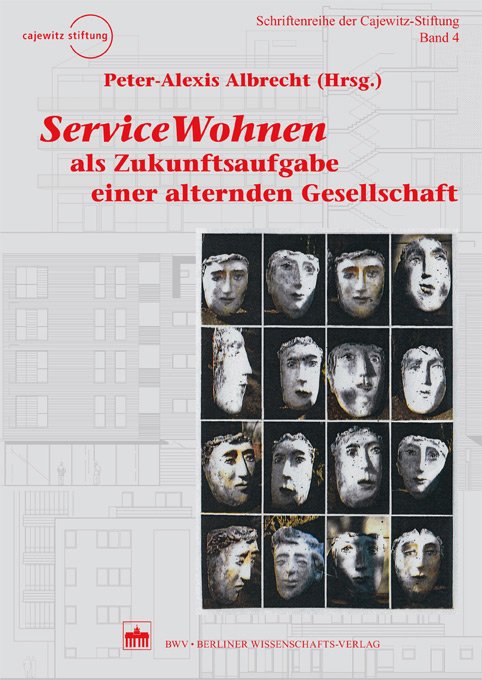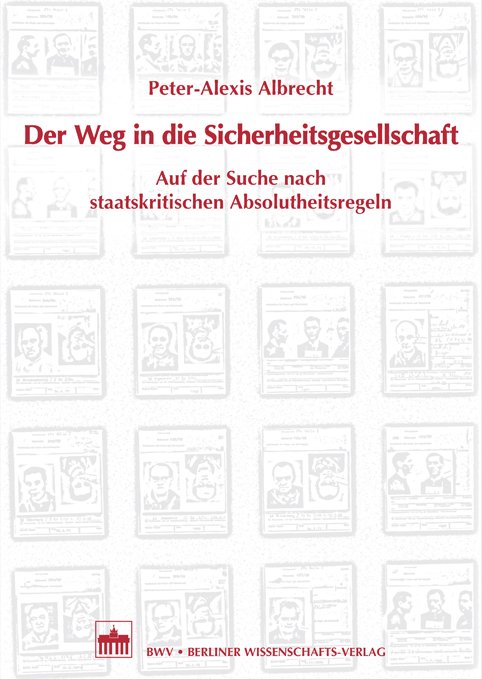Der eigene Weg der Ukraine / Ukraine's own part
Der eigene Weg der Ukraine / Ukraine's own part
Die in diesem Band dokumentierte Zusammenarbeit zwischen der juristischen Fakultät der Goethe-Universität Frankfurt und den juristischen Fakultäten der ukrainischen Universitäten in Odessa, Lviv und Kharkiv in den Jahren 2011 bis 2013 hatte den Ansatz, in gemeinsamen Seminaren deutsche und ukrainische Rechtspolitik und Justizinstitutionen zu vergleichen. Es wurden insbesondere die Themen Korruption, Datenschutz, Xenophobie und Rassismus sowie Judikative und Exekutive diskutiert. Die hier veröffentlichten Beiträge illustrieren die Ergebnisse. Sie zeigen, dass beachtliche Gemeinsamkeiten, aber auch erhebliche Unterschiede im Recht und seiner Anwendung zwischen der Ukraine und Deutschland bestehen. Ebenso verdeutlichen sie, dass der Austausch der (akademischen) Jugend ein richtiger und wichtiger Weg in eine gemeinsame Zukunft beider Länder ist. Denn vor allem freundschaftliche Zusammenarbeit ermöglicht ein friedliches Miteinander.
The judicial mechanisms in Western Europe as well as Germany and in Ukraine are not so different as they might seem at first glance. In both countries the norm constructions were, to a significant degree, initiated externally. So, the three normative areas presented in the book – corruption, data protection, and xenophobia/racism – show similar if somewhat different characteristics. Yet, the norm application in both countries leaves much to be desired. What is still not recognized by the economic policies of the EU is the relationship between cause and effect. This can be seen most clearly in the essays using the example of corruption. The authors argue that without distinct and secure social structures, corruption cannot be prevented. It is compensation for wealth which is inaccessible to all citizens. Only those people who possess something can keep it. If the economic situation is more balanced, corruption will become superfl uous for socio-structural reasons because wealth will be accessible to everyone through legal opportunities. Corrupt actions are therefore not a question of morality or recognition of norms but a question of economic and social hardship, at least in cases where corruption is as pervasive as it is in Ukraine today. Also the separation of powers and judicial independence are still capable of being improved in Ukraine, as is argued in the essays, whereby in particular the lack of a constitutional court for all citizens weighs heavily on the negative side. Furthermore, the law is to be measured using the standards of legal principles, which were fought for and secured by human rights and science. That applies to both countries, though. Due to its strong constitutional legality, Germany is better able to protect human rights. The judiciary is more independent, even if the subject of the independence of the third power in Germany is virulent. In the areas of corruption, data protection, and xenophobia, it is a different picture, as the essays of students from Ukraine and Germany show. Here, both countries could cooperate and exchange experiences. Altogether, our compact seminars showed that the exchange of (academic) youth can be the right way to a common future for Ukraine and Germany. Just as the German-French friendship worked toward the West, nearly 50 years later it should work toward Ukraine and further east. Primarily friendship makes peaceful cooperation – informal and supporting – possible.
| ISBN | 978-3-8305-3271-2 |
|---|---|
| Medientyp | Buch - Kartoniert |
| Auflage | 1. |
| Copyrightjahr | 2013 |
| Verlag | Berliner Wissenschafts-Verlag |
| Umfang | 302 Seiten |
| Abbildungen | 74 farb. Abb. |
| Format | 22,6 x 28,0 cm |
| Sprache | Englisch |
